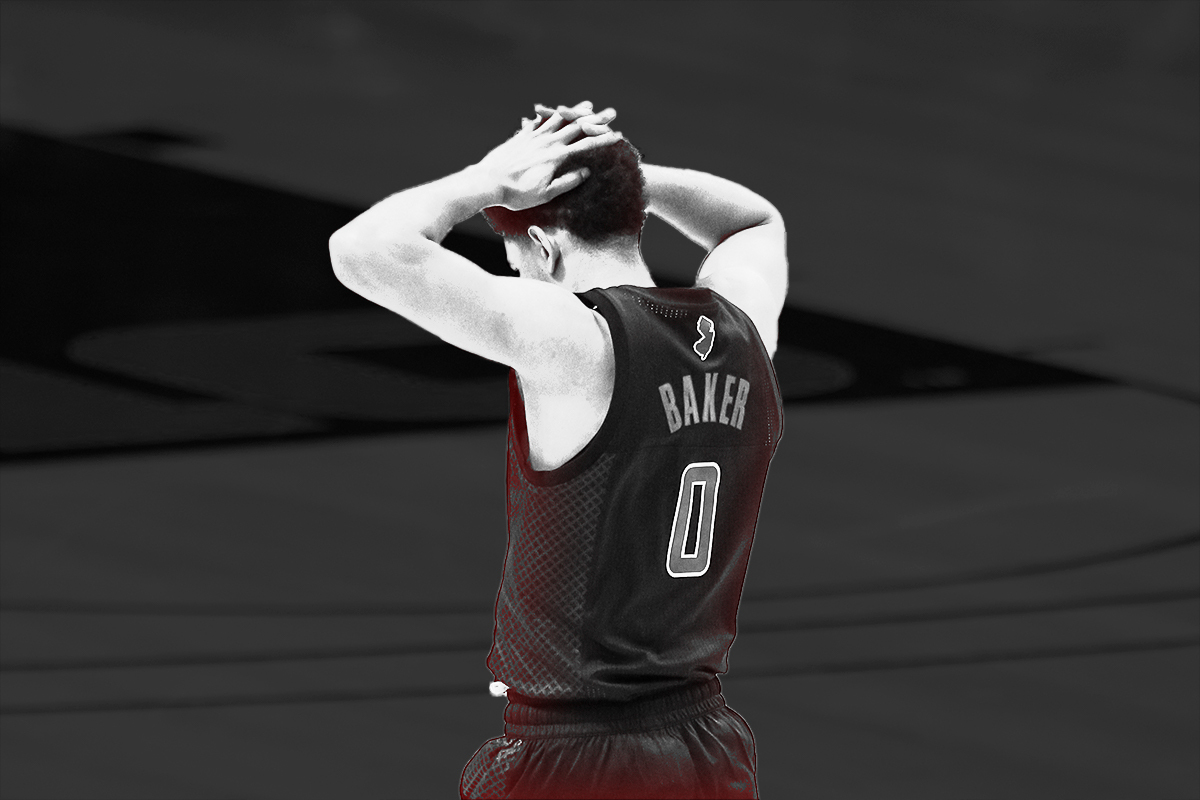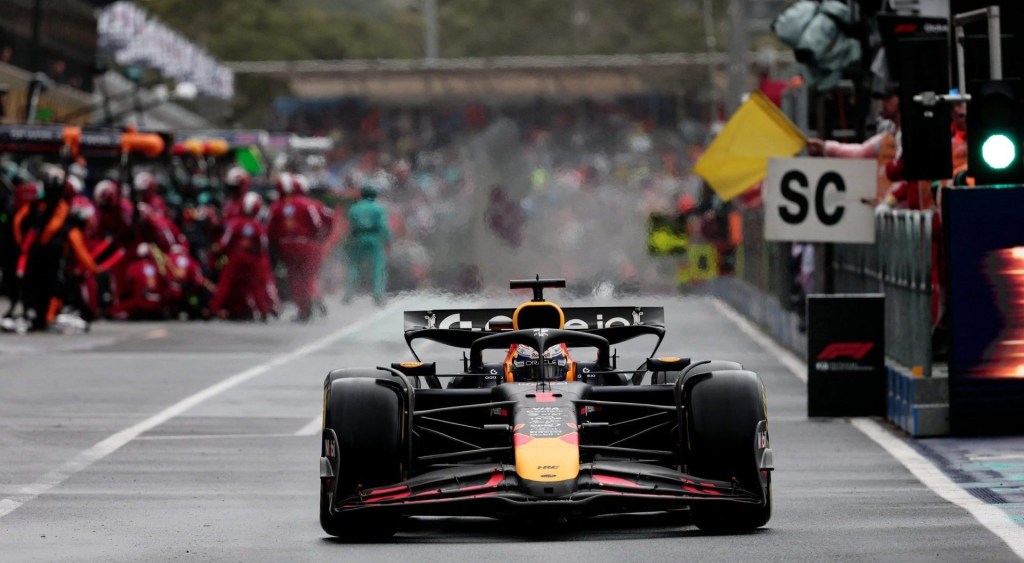The high court typically agrees to hear a case for one of three reasons, Boise State professor Sam Ehrlich, who filed two supporting briefs in the case, told FOS.
First, if the case is important for the “national zeitgeist.” Second, if the case is the type that interests the justices personally. And third, if hearing the case could resolve conflicting circuit court decisions on a particular issue.
NCAA v. Alston falls into that third category. The crux of each argument was whether the Ninth Circuit properly applied antitrust law.
Alston lawyers effectively said the NCAA’s ceiling on educational benefits violates antitrust. But the NCAA says amateurism is legal because it’s necessary to their business.
But there’s more than just antitrust implications at stake.
If NCAA Wins
If the high court rules in favor of the NCAA, any future athlete challenges of amateurism would be stifled, legal experts told FOS.
The governing body could use the Supreme Court’s opinion to dismiss any future lawsuits questioning restrictions on athlete compensation. This means the NCAA could write any NIL rules it wanted without facing litigation — though it still might have to answer to Congress.
This would be a dream come true for the governing body, whose ultimate goal is to prevent athletes from sharing in the billions generated by the sports they play.
It even has the added benefit of stopping the “never-ending litigation” the NCAA previously complained about in a statement.
If Athletes Win
If the court upholds the Ninth Circuit ruling (the same one that heard O’Bannon), athletes won’t just win extra educational benefits.
They could retain an opportunity to challenge the NCAA’s restrictions on athlete compensation in future lawsuits. That means anything from NIL rules to revenue-sharing agreements could be up for discussion.
Mit Winter, sports attorney at Kennyhertz Perry, described this possibility as a “new wave” of lawsuits that would continue to chip away at amateurism.
The Caveat
These two options represent the way a clear-cut opinion would affect college sports.
But the justices could technically write a more open-ended opinion — we just won’t know until they publish it this summer.






![[Subscription Customers Only] Jun 15, 2025; Seattle, Washington, USA; Botafogo owner John Textor inside the stadium before the match during a group stage match of the 2025 FIFA Club World Cup at Lumen Field.](https://frontofficesports.com/wp-content/uploads/2026/02/USATSI_26465842_168416386_lowres-scaled.jpg?quality=100&w=1024)
![[Subscription Customers Only] Jul 13, 2025; East Rutherford, New Jersey, USA; Chelsea FC midfielder Cole Palmer (10) celebrates winning the final of the 2025 FIFA Club World Cup at MetLife Stadium](https://frontofficesports.com/wp-content/uploads/2026/02/USATSI_26636703-scaled-e1770932227605.jpg?quality=100&w=1024)









